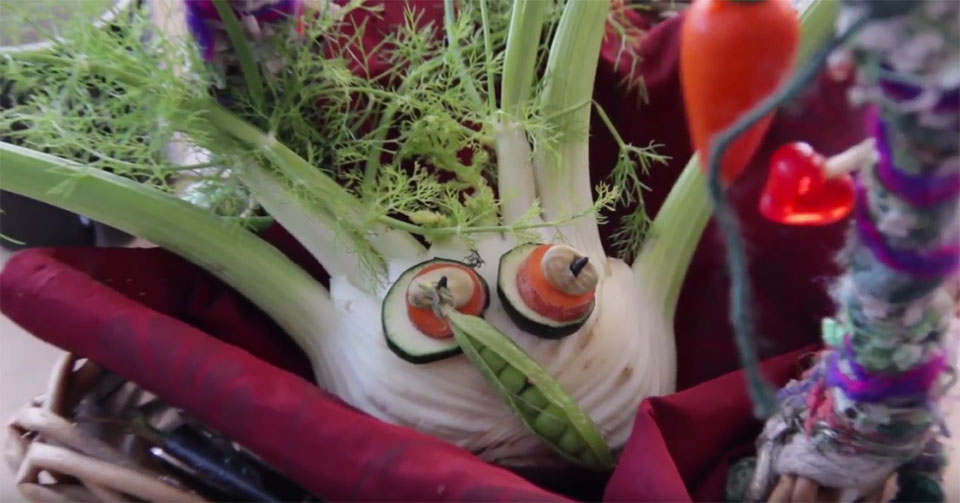Alongside Sustainable Food Cities and sponsored by University of Sheffield Sustainable Food Futures (SheFF), the Self-Organising Action for Food Equity (SAFE) team, funded by Mistra Urban Futures, organised an event to bring together food system thinkers and actors from across the North of England. Sustainable Food Cities had been hearing queries from members hoping to work in regional collaborations, perceiving a lack of support and direction from central government. This includes academic institutions hoping to play a stronger role in supporting and shaping positive and systemic change.
The ongoing heatwave and construction work a few doors’ down from One Space (Union St) made for a distracting start, but tasty warm-from-oven cakes delivered by TONCO catering helped ease us into the day! To read the full bog see here.
A number of those in attendance have been developing city-wide food partnerships and strategies (including Middlesbrough, Leeds, York, Durham ,Lincoln, Hull, Liverpool, Manchester, Sheffield and Leicester), but the event grew from Sustainable Food Cities being asked whether more regional/translocal) cooperation around improving food systems could address some of the differently-scaled issues inherent in such systems. For example, in the first session on governing food systems at different scales, Nigel Curry's presentation highlighted the governance challenges of food systems operating horizontally, from seed to eating, yet existing in a vertically-organised world of departments and sectors taking responsibility for isolated aspects of food systems, such as agricultural subsidies. Then there are difficulties of working across local administrative boundaries - or across combined authorities and their boroughs, and food’s tendency to slip between sectors of responsibility. Nigel noted what Frank Field (Chair of the All Party Parliamentary Group on Hunger and Food Poverty), has said in relation to food poverty: “Government is not sure where food poverty lies – Department of Communities and Local Government, Department of Work and Pensions, Health, Education – although Defra has Food in its Ministerial title, it doesn’t really deal with food poverty”. How, then, can our networks recognise and create linkages across interdependent aspects of our food system? And who is there to listen to and represent us when we connect and organise at a regional level, given the centralised and London-centric tendencies of UK government?
Joe Dunne of Middlesbrough Food Partnership highlighted the importance of attending to issues of “control, trust, personalities and relationships” in forming structures where ownership and responsibility are, ideally, distributed. The following workshops and group feedback emphasised that there were clear benefits to translocal networks in terms of sharing evidence, understanding, best practice, and boosting lobbying power, and that procurement strategies could be a key leverage point to focus on. However it was also stressed that efficient working is key, and efforts of local networks should not be duplicated or supplanted by translocal efforts.
A second session explored the potential for digital solutions to assist with addressing governance challenges. Alex Parsons of MySociety noted tools like FixMyStreet as ways to report on problems and local assets without needing to access individual council websites, assisting councils with data-gathering and analysis. Dave Shepherdson explained the potential of the nascent ‘HullCoin’ blockchain-based virtual currency to add value to local food economies and to bypass expensive financial services. He argued that such distributed ledger technology can assist food (re)distribution, procurement and food safety management differently from presently-dominant large contracts and corporate bottlenecks. The overall feedback was that there is an underutilised opportunity to use open-source digital tools for mapping and redistribution of resources, and for stimulating community involvement and activism. Important caveats to this included issues around maintenance and ownership, the importance of understanding the needs of the intended audience properly, and issues around digital exclusion and the creation and maintenance of databases.
Following the most delicious (and epically-proportioned) TONCO vegan sandwiches and salads, it remained to gauge participants’ appetite to develop a translocal network of food actors, alliances and affiliates. The conclusion was overwhelmingly in favour of a Northern Food Network. The parameters agreed on by participants were that it should require little in the way of formal constitution, and should meet occasionally in different cities across the North to share achievements and discuss challenges. Follow this link for a short film of the day, highlighting the enormous challenges to food system change presented by inequality and deprivation in many northern places, where simply getting enough food on the table is challenge enough (with thanks to Alice Toomer-McAlpine).
A follow up meeting is likely to be held in Leeds in the autumn…contact Nick Taylor-Buck (n.taylor-buck@sheffield.ac.uk) or Leon Ballin (lballin@soilassociation.org) if interested in joining.
Charlie Spring is assisting various projects within Realising Just Cities project at the Sheffield-Manchester Local Interaction Platform. She has alternated between academic and non-academic roles, including for the University of Salford’s Environmental Sustainability Team, campaign organisation ATD Fourth World and immigrant rights association AMSED in Strasbourg. Before moving to Manchester, her Masters studies in Sustainable Development Advocacy focussed on thinking critically about ‘corporate social responsibility’ (and cider sustainability!). Her BA in Social Anthropology at Cambridge introduced her to critical development theory, which she has applied to her academic and practical roles since.
